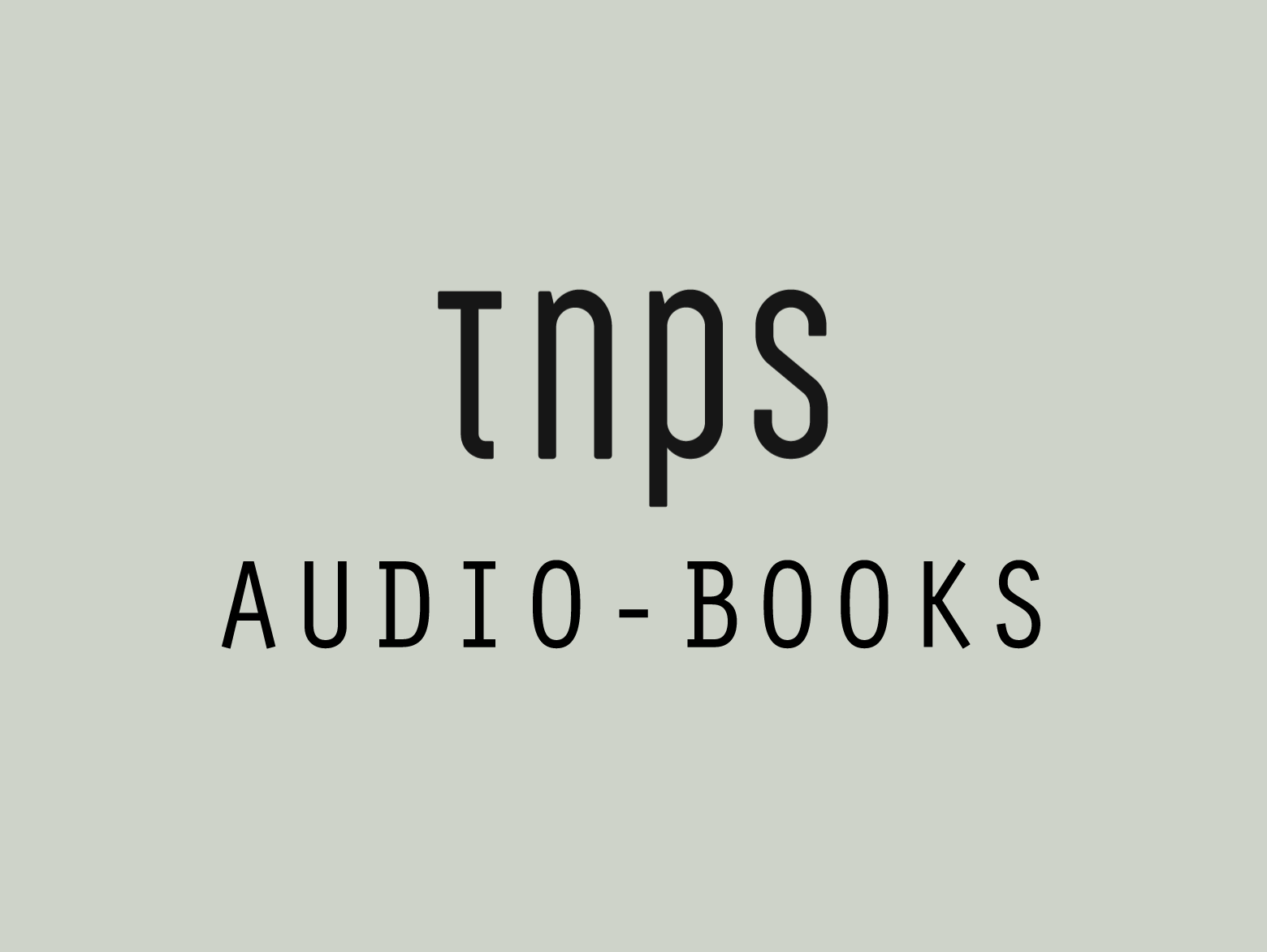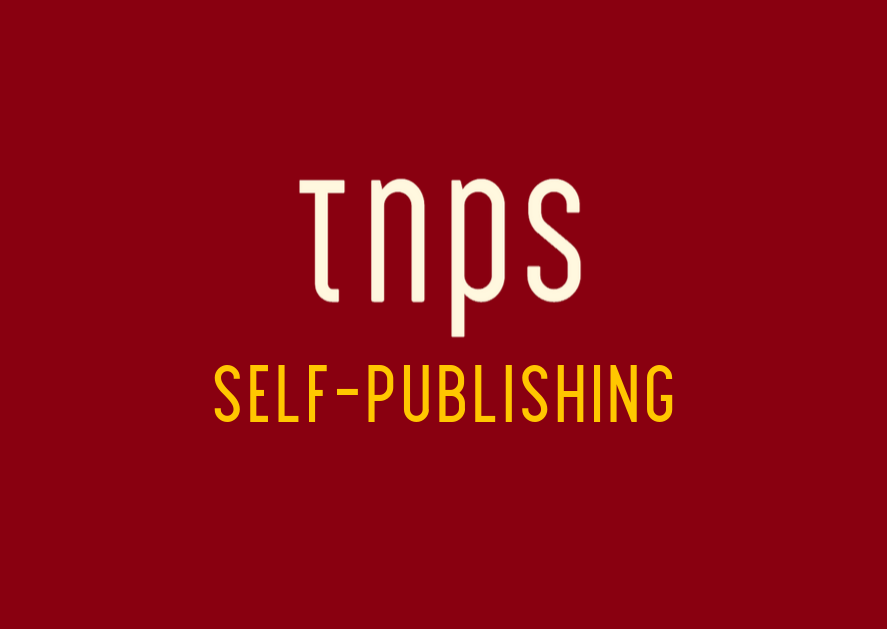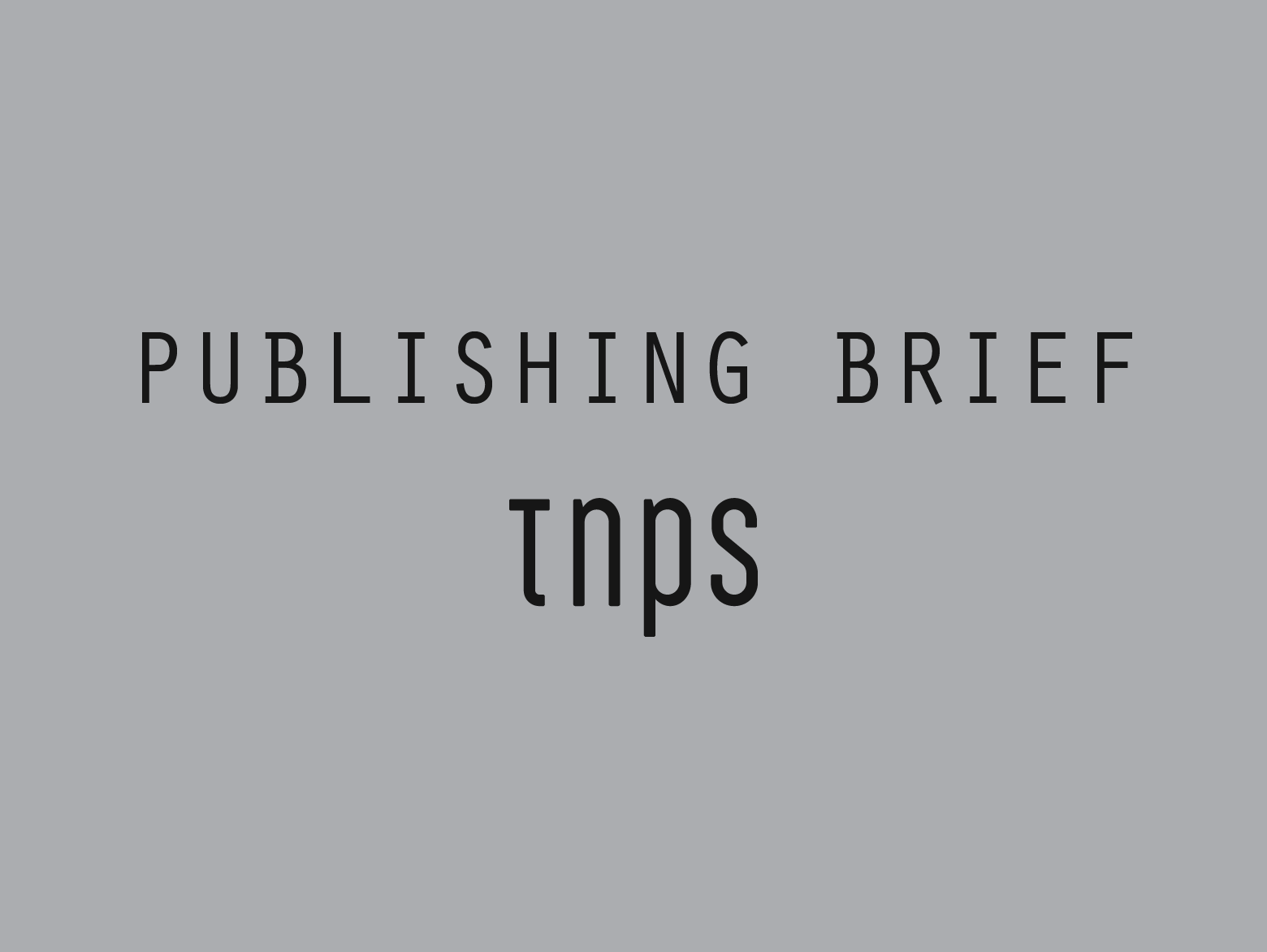Thanks to a deal between Apple and Rakuten-OverDrive, the digital library app Libby is now compatible with Apple’s CarPlay in-car entertainment system.
According to OverDrive the Libby app is now available from 90% of North American public libraries, and drivers with a library card and the CarPlay system can,
select and navigate audiobooks with large, intuitive controls on the vehicle’s display rather than on the phone. Libby features on CarPlay also include skipping ahead or back, changing the playback speed and pausing. It is supported by every major automobile manufacturer and is compatible on iPhone 5 or newer running iOS 7.1 or newer.

Shannon Lichty, OverDrive Vice President of Partner Services, explained,
Our partners and readers have long requested this feature, so we’re excited to offer it, especially at the height of summer travel.
Whether that includes publishers is debatable right now, with many bigger US publishers introducing new lending models and pricing strategies to try slow down the growth of digital library ebook lending, in the belief digital libraries are cannibalising regular sales.
That’s a strategy that worked well with ebook retail, where simply raising prices caused Big 5 ebook sales to plateau and then decline, boosting print sales.
The orchestrated decline in ebook sales created a faux narrative about how consumers were losing interest in digital, but the reality was simply that consumers will only pay so much for an ebook, and will opt for print if the difference in price is negligible.
Audiobooks pose a different challenge for publishers as the cannibalization of print, if any, is less easy to quantify.
But the bottom line is audiobook lending through digital libraries inevitably must be hurting regular sales through mainstream audiobook outlets like Amazon’s Audible.
In 2018 185 million ebooks and 88 million audiobooks were borrowed from OverDrive libraries.
We’ve seen publishers respond to the ebook numbers with revised pricing and lending models for libraries.
As OverDrive continues to explore new ways to deliver free-at-the-point-of-consumption audio content, as with the Libby-CarPlay partnership, so we can expect publishers to start looking closely at their OverDrive audiobook supply strategies.
That might not necessarily be a bad thing and could possibly drive publishers towards the subscription model they currently eschew.
How so? Here’s the thing.
Currently publishers look unfavourably on the all-you-can-eat consumer model offered by the likes of Bookbeat and Storytel, which is why Storytel is in none of the major Anglophone markets and Bookbeat’s venture into the UK is on hold.
Meanwhile publishers find Audible’s one-title-per-month subscription model fits their idea of a sustainable income, whatever their other misgivings about being reliant on Amazon.
Right now audio seems unstoppable, with growth reported every year, but if we cast our minds back 8-10 years ago it was the same story for ebooks, until publishers acted to dampen demand.
As we start the next decade it’s likely we’ll see audiobook demand plateau in the mature Anglophone markets as big publishers move to limit cheap access through digital libraries, and as smaller publishers find the returns simply aren’t keeping up with the investment as the competition becomes more fierce.
But if OverDrive has shown anything, it is the huge demand for affordable audio, and publishers might well be tempted to take a second look at the all-you-can-eat subscription model on offer from Storytel, Bookbeat and others.
Might the sheer volume of interest in unrestricted audio consumption deliver enough micro-payments from a subscription service to outweigh the prices digital libraries are being asked to pay for the same content?
Might the next decade see publishers finally take subscription seriously?
Time will tell.




